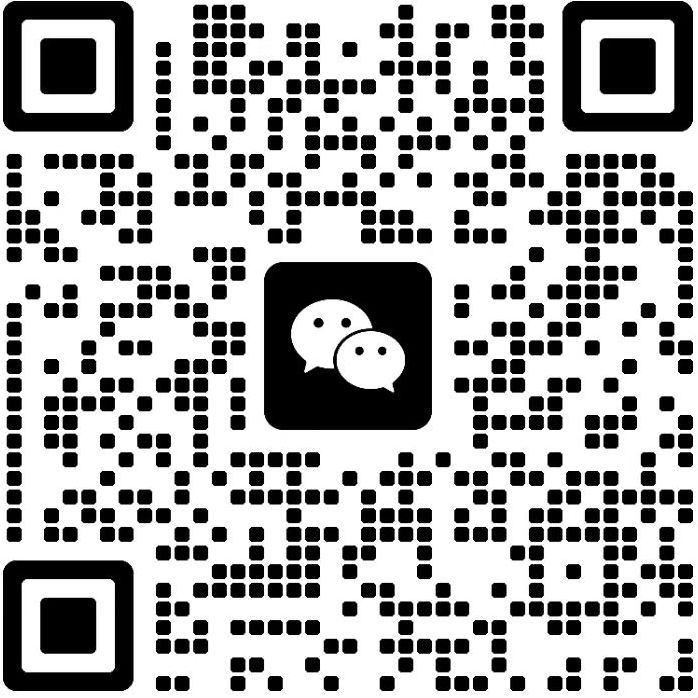简明释义
汉英大词典
中中释义
双语例句

简明释义
汉英大词典
- [形]
- 1
(年岁大) aged; old:
老妪
old woman;
老农
old farmer;
活到老, 学到老。
You will never cease to learn as long as you live.; Live and learn.
- 2
(很久以前就存在的) of long standing; old:
老相识
an old acquaintance;
老毛病
a chronic ailment; an inveterate habit [disease];
老部下
a former subordinate;
老工人
a veteran worker
- 3
(陈旧) old; outdated:
老式样
old-fashioned; outmode
- 4
(原来的) traditional; old:
老规矩
traditional rules;
老货
old stuff
- 5
(蔬菜长得过了适口的时期) overgrown:
老笋
tough bamboo shoots;
老菠菜
overgrown spinach
- 6
(食物火候大) hardened; tough:
炸老一点
have it well-done;
鸡蛋煮老了。
The eggs are overcooked [too tough].
- 7
(颜色深) (of colour) dark; deep:
老绿色
deep green;
老红
dark red;
这件上衣颜色太老了。
This jacket is too dark.
- 8
[口] (排行在末了的) the youngest:
老儿子
the youngest son
- 9
(老朽; 无用) decrepit; useless:
老古板
an ultraconservative;
老废物
a good-for-nothing
- [名]
- 1
(老年人 ) old people:
尊老爱幼
respect the aged and love the young
- 2
(老子的简称) short for Lao Zi -- the founder of Taoism:
老庄
Lao Zi and Zhuang Zi
- 3
(姓氏) a surname:
老麻
Lao Ma
- [动]
- 1
(变老) become old:
一 年年地见老了
show signs of age year by year
- 2
[口] (指老人死亡) die:
爷爷昨晚老了。
My grandfather died yesterday evening.
- [副]
- 1
(长久) long:
他老没来。
He hasn't been here for a long time.
老没见你啊。
I haven't seen you for ages.
- 2
(经常) always (doing sth.):
他老惦记着这件事。
He couldn't get his mind off the matter.
她老念叨着孩子们。
She is always talking about her children.
- 3
(很; 极) very:
老远
far away;
老高
very high
- 4
[前缀] (用于称人、排行次序、某些动、植物名):
老张
Lao Zhang;
老三
the third child or brother;
老狼
wolf;
老玉米
maize
中中释义
-
年纪大,时间长,有经验,陈旧的:~当益壮。~朋友。~练。~化。少年~成。~马识途。
-
对年纪大的人的尊称:吴~。~人家。~大爷。
-
极,很:~早。~羞成怒。
-
老年人:敬~院。扶~携幼。~有所为(wéi )。
-
晚年:~年。~境。
-
敬老,养老:“~吾老,以及人之老。”
-
总是,经常:~是生病。
-
原来的:~地方。
-
与“嫩”相对:黄瓜长~了。
-
词头,用于表排行,用于表相互尊称,或加在某些动植物名前构成多音节词:~大。~鹰。~倭瓜。
-
老子(中国先秦思想家)及其学说的简称。
-
死的讳称:~了。
-
〔~板〕指业主或企业的经营者。
-
姓。
双语例句
她几乎一夜之间老了10岁,人也胖了。
Almost overnight, she had aged ten years and become fat.
贝唐红扑扑的圆脸看起来似乎一点也没有变老。
Bethan's round, rosy face seemed hardly to have aged at all
事情出了差错,她老有借口。
She is not short of excuses when things go wrong.
老太太说话时拄着拐棍。
The old lady leant on her stick as she talked.
你一点儿都不显老,只是有几根灰白头发!
You're wearing well ─ only a few grey hairs!
他们近来老泡在一起。
They've been seeing a lot of each other recently.
我讨厌老得装假。
I'm tired of having to pretend all the time.
她遇见几个老同学。
She met up with some of her old school friends.
老戏院被拆了,对不?
The old theatre was pulled down, wasn't it?
这座城市是新老建筑兼而有之。
The city is a mixture of old and new buildings.
我老走神,一再回想起我们上次在一起交谈的情景。
My mind kept straying back to our last talk together.
他老得很了——肯定至少有五十岁!
He's ancient ─ he must be at least fifty!
你怎么老不明白我的观点呢?
Why can't you ever see my point of view?
 手机浏览
手机浏览
 全国
全国 18472316003
18472316003








形 aged ; old ; of long standing ; outdated
名 old people ; short for Lao Zi -- the founder of Taoism
动 become old ; die
副 long ; always ; very